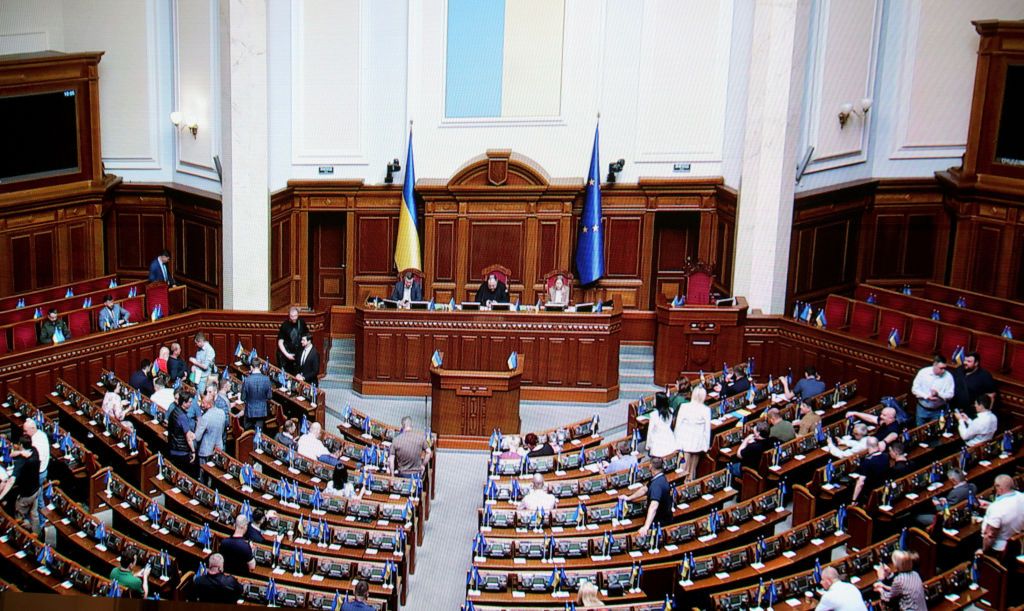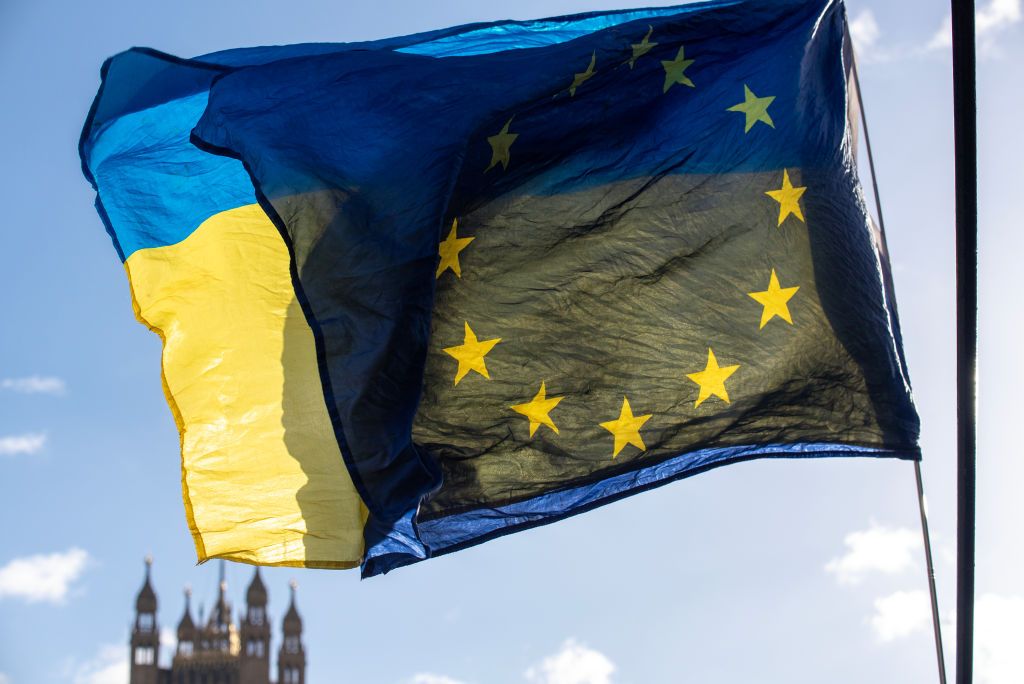Ukraine Reforms Tracker Weekly — Issue 3

Editor’s note: This is issue 3 of Ukrainian lawmaker Yaroslav Zhelezniak’s weekly "Ukraine Reforms Tracker" covering events from Nov. 24-Dec. 1, 2024. This newsletter was until recently titled “Ukrainian Economy in Brief." The digest highlights steps taken in the Ukrainian parliament related to business, economics, and international financial programs.
The Kyiv Independent is republishing with permission.
Benchmarks and soft commitments in the memorandum with the IMF
International partners are asked to submit candidates to the commission that shall select a new state customs head.
According to our information, the Foreign Ministry on Nov. 29 sent official letters to embassies, international organizations and other relevant international partners asking them to submit their candidates to a commission that will competitively select the state customs head.
The ministry requested that all candidates be submitted by the end of the year.
Under the current memorandum of understanding with the International Monetary Fund (IMF), the deadline for appointing a new head of the State Customs Service (SCS) is June 30. The new procedure for selecting the head involves a selection commission, consisting of three representatives from the Finance Ministry and three representatives from international partners.
The president signs draft law on tax hike.
President Volodymyr Zelensky signed draft law #11416-d, which amends the tax code and increases taxes. The bill came into force on Dec. 1.
The government expects it to generate an additional Hr 8 billion ($191 million) in budget revenue in 2024, which is less than what was originally planned. In 2025, the bill is projected to draw an additional Hr 141 billion (around $3.4 billion) of revenue for the state. These expected revenues have already been factored into next year’s state budget, which has also been signed and will come into effect on Jan. 1, 2025.
Cabinet appoints new independent members of Ukrenergo supervisory board.
On Nov. 27, the Cabinet of Ministers approved four new independent members for the supervisory board of Ukrenergo, the nation’s state-owned power transmission system operator. This is a structural benchmark under the IMF memorandum that Ukraine must meet by the end of the year.
The new members of Ukrenergo's supervisory board are:
- Patrick Roland Graichen, former State Secretary at the German Federal Ministry for Environment and Climate Protection (2021–2023);
- Luigi de Francisci, former top manager of Italy's largest system operator, TERNA;
- Jeppe Sebastian Kofod, former foreign affairs minister of Denmark and member of both the European Parliament and the Danish Parliament;
- Jan Henrik Montell, former board member of the Scandinavian energy exchange Nord Pool and CFO of Finnish electricity transmission system operator Fingrid.
Cabinet approves state ownership policy.
The Cabinet of Ministers of Ukraine has approved a state ownership policy that defines the role of the state in managing state-owned enterprises (SOEs). This step fulfills another requirement under Ukraine’s financial assistance programs with the IMF and the European Union (Ukraine Facility).
According to Economy Minister Yuliia Svyrydenko, the state ownership policy provides clear guidelines for optimizing the portfolio of state assets. It also ensures the continued implementation of OECD standards of corporate governance, particularly in establishing supervisory boards, implementing transparent remuneration policies for SOE managers and board members, and adopting a dividend policy, among other provisions.
Experts warn that several draft laws submitted to the parliament jeopardize Ukraine's international commitments.
Next week, the Verkhovna Rada, Ukraine's parliament is set to consider draft law #12206-2, which seeks to establish the High Administrative Court as required by Ukraine's Memorandum with the IMF. However, anti-corruption experts have raised concerns that of the 21 individuals tasked with selecting judges for this court, only three will be international experts. The Committee on Legal Policy has already approved the draft law for its first reading.
Additionally, by the end of December 2024, Ukraine must amend the Criminal Procedural Code to address the consequences of exceeding time limits for pre-trial investigations. While provisions to meet this requirement under the IMF Memorandum have been submitted as amendments to draft law #11265, experts from the Ukrainian NGO Anti-Corruption Action Center, argue that the proposed law falls short. It does not eliminate the mandatory closure of criminal proceedings when pre-trial investigation time limits expire.
Furthermore, it fails to grant the Specialized Anti-Corruption Prosecutor’s Office the authority to handle extradition and mutual legal assistance requests, a key structural benchmark under the IMF agreement.
Other key economic issues
Cabinet appoints new members to the Bureau of Economic Security Civil Oversight Council.
The Cabinet of Ministers approved new members for the Civil Oversight Council of the Bureau of Economic Security. The council will oversee the work of the bureau and delegate representatives to its disciplinary commissions. Its members were selected through an open online competition and represent five well-known non-governmental organizations.
Tax committee approves a draft law for OECD membership.
The Committee on Finance, Tax, and Customs Policy of the Verkhovna Rada approved for the final reading draft law #10319 on tax measures to combat bribery of foreign officials in international business relations.
The adoption of the draft law is a requirement of the roadmap for Ukraine’s membership to the Organization for Economic Cooperation and Development (OECD). The bill must be passed in December before moving forward with the next stage of negotiations.
Tax committee recommends increasing excise tax on tobacco products.
Ukraine’s Parliamentary Committee on Finance, Tax, and Customs Policy has recommended the adoption of draft law #11090 in its final reading. This bill proposes a gradual increase in excise tax rates on tobacco products, bringing them in line with the minimum levels set by EU Directive 2011/64/EU.














